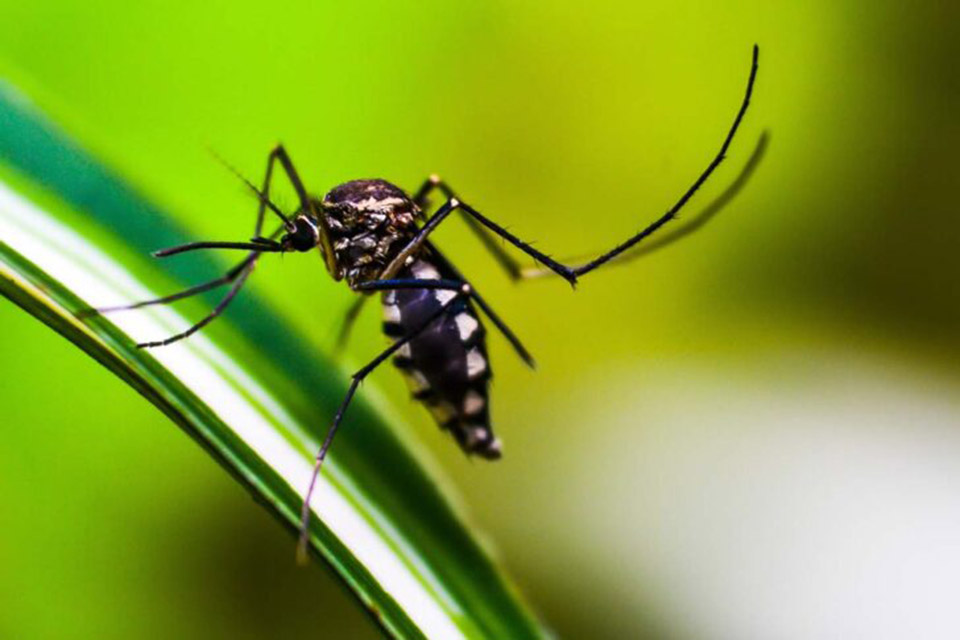
Authorities have expressed concern over rising malaria cases in Thailand. According to the Department of Disease Control (DDC), there has been an increase of 835 cases from the previous week.
In particular, the government has issued a special warning to farmers living near forest areas, along with forestry officials, soldiers patrolling border areas adjacent to forests, and people fond of hiking. The DDC noted that the current rainy season is favorable breeding conditions for various types of mosquitoes, increasing the risk of malaria, which is primarily transmitted by the night-biting Anopheles mosquitoes.
The DDC is advising the public to wear snug-fitting clothing, use mosquito repellent, and sleep under a mosquito net when staying overnight in forest areas. These precautions can also help prevent other mosquito-borne diseases, such as dengue and chikungunya.
According to reports from the Malaria Online system, there were about 9,300 cases of malaria from January 1st to July 7, 2023. The provinces with the highest number of cases were Tak with 5,500 cases, Mae Hong Son with 1,000 cases, and Kanchanaburi with 945 cases. Among the patients, 4,100 were Thai nationals and 5,100 were foreigners. There have been three fatalities so far, all reported in Tak province.
Mosquitoes carrying malaria are usually found in forested areas. Residents in high-risk areas, particularly near forests and border regions, are most susceptible to outbreaks. Symptoms of malaria include fever, chills, headache, nausea and loss of appetite, which typically appear about 10-14 days after being bitten.
If medical attention is promptly sought, the disease can be effectively treated with medication within a short period. However, delayed treatment can lead to serious complications such as cerebral malaria, pulmonary edema and kidney failure, which could potentially be fatal. (NNT)






